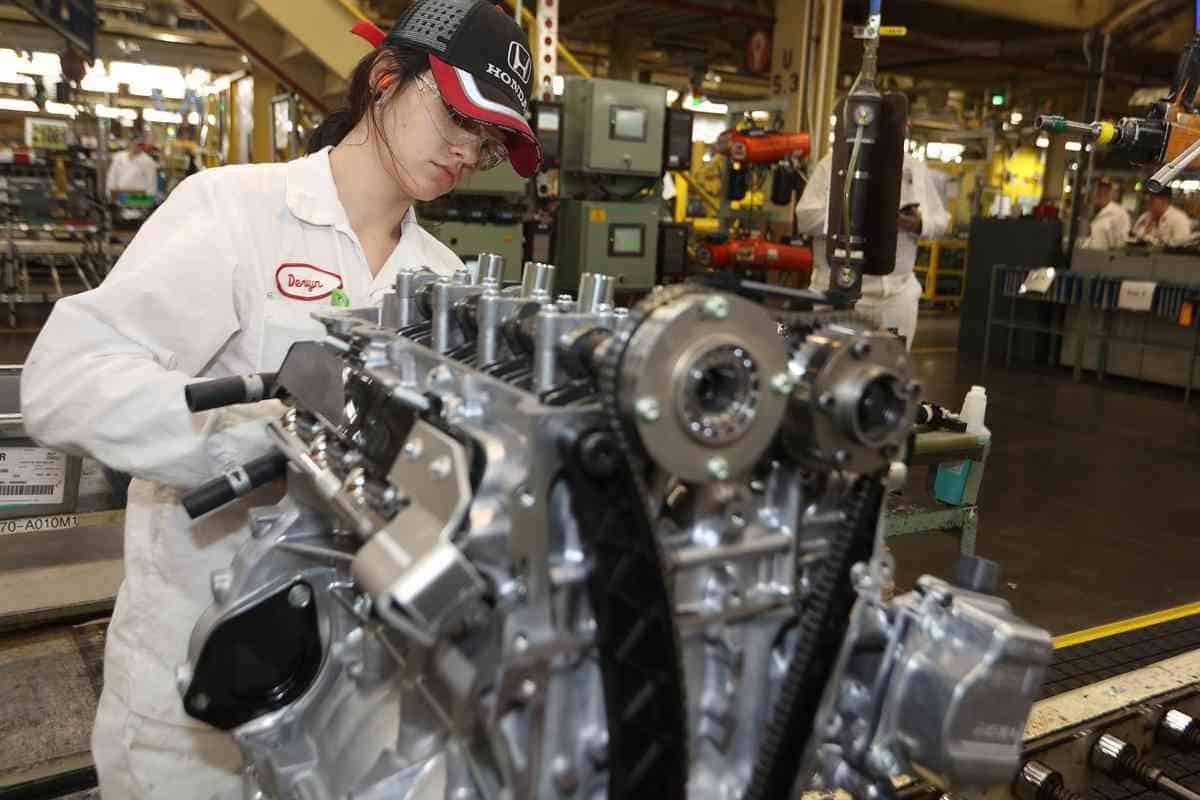NHTSA Investigates Potential Honda Recall for Engine Failures in 1.4 Million Honda and Acura Vehicles
Amid safety concerns, the probe centers on engine failures linked to connecting rod bearings in popular models like the Honda Pilot, Odyssey, and Acura MDX. This could be the biggest Honda Recall in history.

Overview of the NHTSA Investigation
The National Highway Traffic Safety Administration (NHTSA) has initiated an in-depth investigation into potential engine failures that may impact approximately 1.4 million Honda and Acura vehicles in the U.S.
Models included in this investigation span several popular vehicles: the 2016-2020 Honda Pilot, 2017-2019 Honda Ridgeline, 2018-2020 Honda Odyssey, and 2018-2020 Acura TLX and MDX.
This probe comes in response to consumer complaints and aims to address concerns regarding vehicle safety and reliability.
As the federal agency responsible for monitoring and enforcing road safety standards, the NHTSA’s investigation highlights its commitment to ensuring consumer protection and holding automakers accountable when defects jeopardize driver and passenger safety.
Technical Aspects of the Engine Failure
The primary focus of this investigation is the suspected failure of connecting rod bearings in vehicles equipped with Honda’s 3.5-liter V6 engine. This potential Honda recall involves one of the most popular engines out there.
In internal combustion engines, connecting rod bearings play a critical role in linking the pistons to the crankshaft, allowing the engine to convert the pistons’ linear motion into the rotational force that drives the wheels.
When these bearings fail, the engine can experience severe mechanical issues or complete failure, presenting a heightened safety risk to drivers and passengers.
The problem reportedly stems from the accelerated wear of these bearings, which may lead to engine knocking, power loss, and in worst cases, catastrophic engine failure.
The underlying cause of this bearing deterioration is under investigation, but the stakes are high as bearing failure can lead to sudden engine stalls, which are especially dangerous if they occur at high speeds or in heavy traffic.

Honda’s Response and Recall Efforts
In response to early indications of this issue, Honda issued a recall in November 2023, covering roughly 250,000 vehicles suspected to be at risk of connecting rod bearing failure. This recall sought to address the problem by replacing compromised components, thereby reducing the chance of engine breakdowns and enhancing driver safety.
However, since the recall, the NHTSA has received 173 additional complaints regarding connecting rod bearing failures in vehicles not included in the original recall. Of these complaints, one incident reportedly led to a crash, though, fortunately, no injuries were reported.
The persistence of these reports beyond the recall group has raised questions about the potential need for further recalls and expanded safety measures, with the NHTSA aiming to determine the full scope of the issue.
Implications for Vehicle Owners and the Automotive Industry
This engine issue has raised significant concerns for Honda and Acura owners, especially those whose vehicles were not included in the initial recall but may still be vulnerable to the defect. With the potential for sudden engine failure, consumer confidence in the safety and reliability of these brands is at risk.
As more details emerge, there is an increasing possibility that the NHTSA’s investigation could lead to a second round of recalls, particularly if the agency determines that the problem is more widespread than originally thought.
This issue also carries implications for the broader automotive industry, particularly around manufacturing standards and quality control in engine production. The NHTSA’s rigorous approach reflects a growing industry trend toward heightened scrutiny of manufacturing processes and component quality.
Should the investigation result in additional recalls, it could serve as a warning to other automakers regarding the importance of proactive defect detection and transparent communication with consumers.

🚨 See If Your Vehicle Is Included In The Recall 🚨
Here’s a direct link to Honda where you can check if your vehicle is included in the recall affecting 1.4 million vehicles.
*Link will take you away from fourwheeltrends and direct to Honda
Conclusion and Future Outlook
The NHTSA’s investigation into potential engine failures in Honda and Acura vehicles is an essential step toward protecting consumers and enforcing high safety standards.
As the investigation progresses, vehicle owners are advised to stay updated on potential recalls or recommendations issued by the NHTSA and Honda. Those who experience unusual engine sounds or performance issues should consult a certified Honda or Acura service center immediately.
Ultimately, the NHTSA’s findings could have lasting effects on industry standards for engine durability and consumer protections, reinforcing the importance of transparency and accountability in automotive manufacturing. For now, vehicle owners, Honda, and industry watchers alike will be closely monitoring developments in this critical investigation.
Source:
